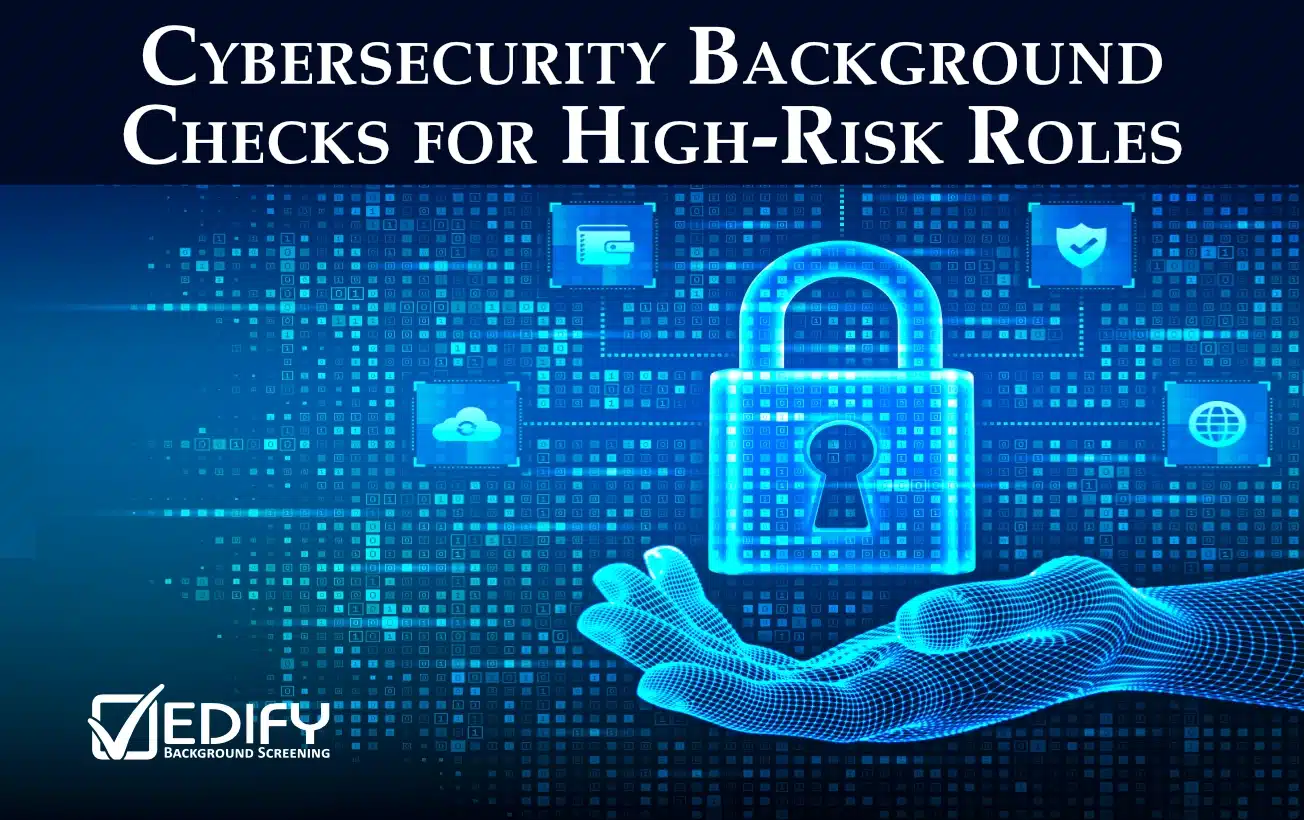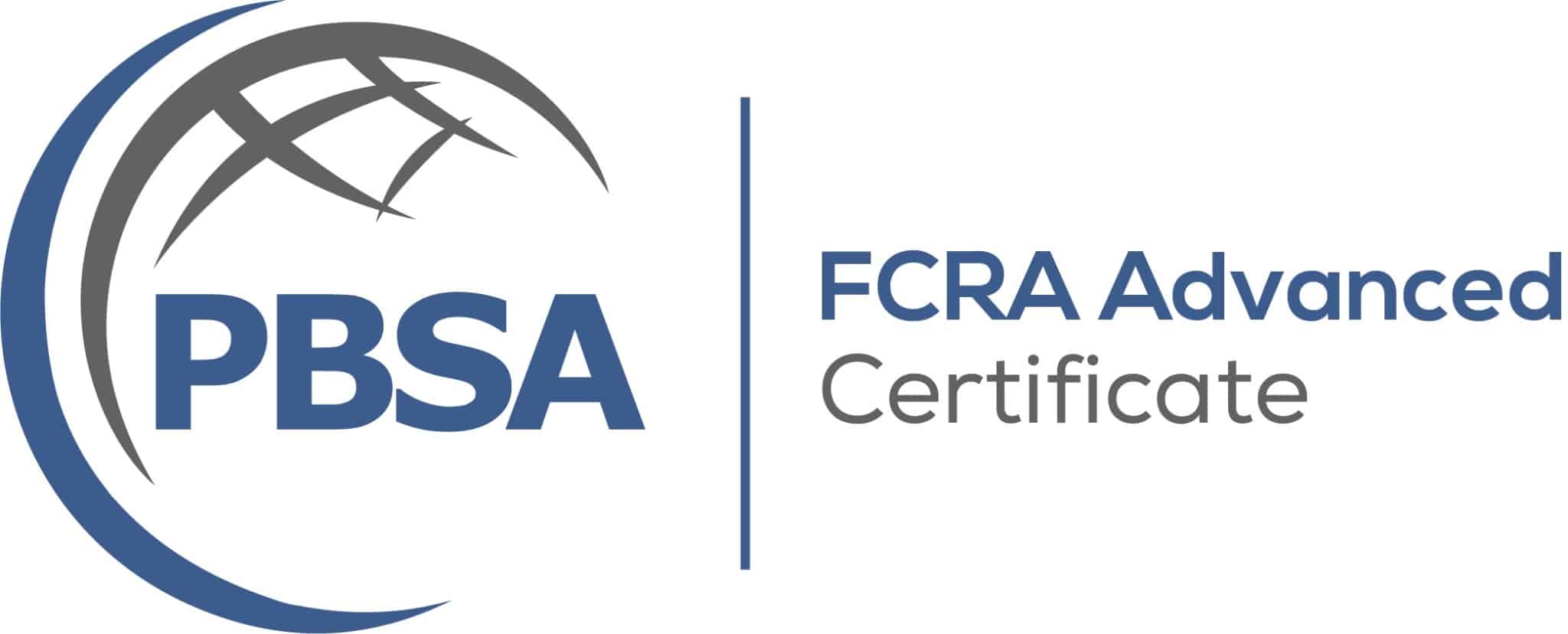Cybersecurity Background Checks for High-Risk Roles: How to Vet Employees with Access to Sensitive Data
Did you know the average cost of a data breach in the United States is $9.48 million, according to IBM’s Cost of a Data Breach report. While most businesses focus on defending against outside hackers, internal actors such as employees, contractors, and vendors are responsible for nearly 30 percent of all breaches.
If your team includes individuals who manage personally identifiable information (PII), financial records, customer accounts, or backend systems, then a standard background check may not be enough. Employers need a cybersecurity-informed screening strategy that verifies trustworthiness at hire and continues through the employee lifecycle.
Who Needs Cybersecurity-Sensitive Background Screening?
Cybersecurity-focused background checks are particularly important for roles with elevated data access. These include:
-
IT staff and network administrators who can configure systems and view logs
-
Finance and accounting professionals with access to payment data and payroll
-
HR professionals handling Social Security numbers, tax forms, and personnel files
-
Customer support teams with access to CRMs, ticketing systems, or internal tools
-
Remote employees connecting through personal devices or unmanaged networks
Even in smaller organizations, one compromised role can expose large volumes of sensitive data. Employers must evaluate both the position’s access level and the potential impact of a breach.
Key Background Check Elements for High-Access Roles
When screening for cybersecurity-sensitive positions, extend your screening scope beyond the basics.
✅ Criminal Record Review
Check for offenses involving:
-
Identity theft
-
Computer-related crimes
-
Financial fraud or embezzlement
These can be strong indicators of future risk in roles with digital access.
✅ Employment History Verification
Confirm that candidates actually held positions they claim, especially prior work in regulated or secure environments. Be wary of inflated titles or missing dates.
✅ Credential and Certification Verification
Validate any claimed cybersecurity or IT certifications such as:
-
CISSP (Certified Information Systems Security Professional)
-
CEH (Certified Ethical Hacker)
-
CompTIA Security+
Falsified credentials can be difficult to spot without proper verification, yet they often serve as the basis for privileged access.
✅ Education Verification
Confirm degrees in cybersecurity, computer science, or other relevant disciplines. Educational background helps validate whether the candidate has a foundational understanding of secure data handling.
✅ Drug Testing (if applicable)
For employees working in environments that require equipment handling, unsupervised access, or field service support, drug testing may still be a component of responsible risk management.
Ongoing Risk Mitigation: Periodic Background Rechecks Matter
Even the most comprehensive pre-hire background check captures only a single point in time. But cybersecurity risks are continuous. Employees may encounter financial hardship, face new legal trouble, or experience job-related stressors that elevate their risk profile after they are hired.
This is especially true for positions with system access or sensitive data responsibilities. Without a program for routine rechecks, employers may miss red flags that develop over time.
Why Periodic Rechecks Are Important:
-
New risks can emerge: An employee who passes screening today might commit an offense six months later that directly impacts their trustworthiness.
-
Access tends to increase over time: Employees often gain expanded permissions or transition into more privileged roles without an updated evaluation.
-
Compliance matters: Regulated industries and clients often require recurring background checks as part of ongoing vendor due diligence.
Best Practices for Post-Hire Monitoring:
-
Schedule annual or biannual criminal rechecks for high-access roles
-
Monitor credential expiration dates and renewals
-
Perform re-verification during promotions or access level changes
-
Have employees acknowledge data security policies annually
-
Reconfirm motor vehicle records if applicable to mobile equipment or asset transport
Explore the broader value of post-hire checks in this article:
Background Screening Compliance and Legal Frameworks to Consider
Cybersecurity-related roles often fall under additional compliance requirements. Your screening program may need to align with:
-
FCRA (Fair Credit Reporting Act) for all consumer reporting activities
-
GLBA (Gramm-Leach-Bliley Act) if you are in financial services
-
HIPAA for healthcare workers accessing patient records
-
PCI DSS for employees handling payment card information
-
CPRA, SHIELD Act, and other state-level data privacy laws
Failing to align your background check program with these frameworks could expose your business to penalties, lawsuits, or loss of client trust.
Case Study 1: Cybersecurity Red Flag Uncovered for HVAC Technician with Server Room Access
Client Profile:
A commercial HVAC contractor with 50 employees and several large-scale accounts, including office parks, data centers, and healthcare campuses. Technicians frequently have unescorted access to secure server rooms and IT-managed infrastructure during equipment servicing.
Challenge:
The company was preparing to hire a new lead service technician. The candidate had a strong resume, relevant certifications, and claimed several years of experience managing commercial installs. A basic background check showed no current issues, but Edify’s cybersecurity-sensitive screening protocol uncovered a major concern:
-
The candidate had a prior conviction for conspiracy to commit theft
-
The conviction stemmed from an incident where he attempted to install a USB keylogging device in the server room workstation of an insurance client during a routine HVAC maintenance call
Solution:
Edify’s team flagged the incident through enhanced criminal record searches and keyword-based offense filtering. The conviction would have been missed in a more limited 7-year county-only search.
The client was notified immediately. Due to the sensitive nature of the technician’s potential job sites, including healthcare and financial clients, the employer chose not to proceed with the hire.
Outcome:
The HVAC contractor updated their policy to include:
-
Mandatory enhanced screening for technicians accessing client-controlled IT spaces
-
Annual rechecks for service personnel working in secure facilities
-
A review of client contract language to ensure compliance with third-party data access policies
This proactive move helped the company maintain its reputation with high-profile clients and reduce the risk of cybersecurity exposure through third-party access.
Case Study 2: Caught in a Client Audit Without Recheck Documentation
Client Profile:
A regional healthcare management group with 60 employees, including billing specialists and IT support staff.
Challenge:
During a routine vendor compliance audit by one of their hospital clients, the organization was asked to provide documentation proving that background checks and credential verifications were current for all staff with access to PHI (Protected Health Information).
Unfortunately, while pre-hire checks were documented, no periodic rechecks had been conducted in over two years.
Solution:
Edify worked with the client to:
-
Rapidly deploy criminal rechecks and updated credential verification
-
Flag two individuals whose professional licenses had expired
-
Set up automated reminders for future annual rechecks
-
Create an audit trail in case of future compliance reviews
Outcome:
The healthcare group passed the follow-up audit and avoided losing a major client relationship. They now include Edify’s recheck services in all compliance-related job descriptions and onboarding policies.
How Choosing the Right Background Screener Helps Secure Your Workforce
At Edify Background Screening, we help companies build screening and credentialing processes designed for trust, security, and compliance. For cybersecurity-sensitive roles, we offer:
-
Credential verification workflows for IT and security certifications
-
Automated reminders for periodic rechecks
-
Tailored screening packages aligned to your industry risk profile
-
Support for vendor compliance audits and client reporting requirements
Whether you are hiring a system administrator or evaluating your current remote team, we can help ensure your screening protocols reflect today’s evolving security risks.
Key Takeaways: Cybersecurity Screening Is an Ongoing Responsibility
Effective cybersecurity is not just about firewalls and software. It starts with hiring the right people, confirming their qualifications, and continually verifying their trustworthiness over time.
Quick Checklist for Cybersecurity-Sensitive Screening:
-
✅ Confirm prior employment in secure roles
-
✅ Verify IT certifications and degrees
-
✅ Screen for relevant criminal offenses
-
✅ Schedule regular rechecks
-
✅ Renew policy acknowledgments annually
Need help evaluating your current background screening approach?
📞 Contact us to schedule a consultation or review your options today.
At EDIFY Background Screening, we help small and mid-sized businesses create custom, compliance-first screening packages. We don’t require minimum order volumes or monthly commitments, and our process is designed with your time, budget, and legal responsibilities in mind.
The resources provided here are for educational purposes only and do not constitute legal advice. We advise you to consult your own counsel if you have legal questions related to your specific practices and compliance with applicable laws.













